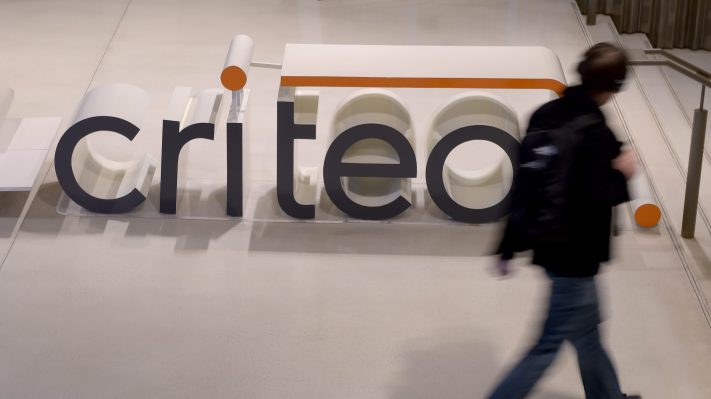[ad_1]

French advert tech large Criteo fined €40 million over privateness violations
French promoting expertise large Criteo has been issued with a revised high quality of €40 million ($44 million) over failings to garner customers’ consent round focused promoting.
The Privateness Worldwide Criticism
The case in query dates again to 2018 when Privateness Worldwide filed a proper criticism with the Fee nationale de l’informatique et des libertés (CNIL), France’s knowledge privateness watchdog, utilizing GDPR laws that had not too long ago been launched throughout the European Union. Privateness Worldwide, together with None of Your Enterprise (NOYB), expressed issues in regards to the knowledge processing actions of gamers within the knowledge broking and adtech business, together with Criteo.
Manipulation Machine and Behavioral Retargeting
The criticism centered on what Privateness Worldwide known as a manipulation machine utilized by Criteo. This machine employed varied monitoring and data-processing methods to create profiles of web customers for focused promoting. One in all these methods, often called behavioral retargeting, concerned utilizing prior on-line exercise to foretell customers’ preferences and goal them with related advertisements. Privateness Worldwide and NOYB argued that Criteo didn’t have a legitimate authorized foundation for this monitoring.
Preliminary Resolution and Criteo’s Response
In August 2022, the CNIL reached a preliminary choice that Criteo had breached GDPR and imposed a €60 million high quality. Nonetheless, Criteo sought to scale back the quantity, claiming that its actions have been unintentional and didn’t trigger hurt. The corporate argued that components such because the absence of proof of hurt, measures taken to mitigate hurt, cooperation with the supervisory authority, and the low intrusiveness of the non-public knowledge concerned ought to result in a major discount within the high quality.
Discount of the High-quality and CNIL’s Findings
After contemplating Criteo’s arguments, the CNIL lowered the high quality by a 3rd. Nonetheless, the CNIL’s closing report nonetheless highlighted critical infringements by Criteo. The report outlined 5 violations, together with the failure to acquire person consent, the failure to offer enough details about knowledge processing, the failure to respect the suitable of entry and withdrawal of consent, and the failure to have clear agreements with associate corporations relating to knowledge administration.
Conclusion
The revised high quality of €40 million displays the CNIL’s dedication to implement GDPR laws and defend customers’ privateness. The case serves as a reminder to corporations within the adtech business to make sure compliance with knowledge safety legal guidelines and procure correct consent for focused promoting.
Regularly Requested Questions (FAQ)
1. What was the unique high quality imposed on Criteo?
The unique high quality imposed on Criteo by the CNIL was €60 million.
2. Why did Criteo search to scale back the high quality?
Criteo argued that its actions have been unintentional and didn’t trigger hurt. The corporate believed that the absence of proof of hurt, measures taken to mitigate hurt, cooperation with the supervisory authority, and the low intrusiveness of the non-public knowledge concerned justified a major discount within the high quality.
3. How a lot was the high quality lowered by?
The CNIL lowered the high quality imposed on Criteo by a 3rd, leading to a revised high quality of €40 million.
4. What have been the violations recognized by the CNIL?
The CNIL recognized 5 violations involving Criteo’s ad-tracking tech, together with the failure to acquire person consent, the failure to offer enough details about knowledge processing, the failure to respect the suitable of entry and withdrawal of consent, and the failure to have clear agreements with associate corporations relating to knowledge administration.
5. What does the case spotlight for the adtech business?
The case highlights the significance of compliance with knowledge safety legal guidelines and acquiring correct consent for focused promoting within the adtech business.
[ad_2]
For extra data, please refer this link
